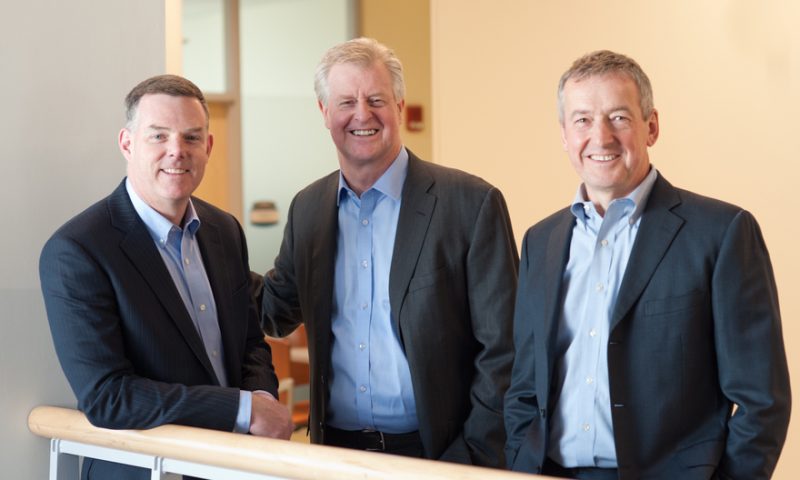When a trio of Alexion veterans started Rallybio, they vowed to take an “agnostic” approach to new medicines, because “diseases have no boundaries, so why should we?” Two years later, they’ve raised $145 million to bankroll a pipeline of early-stage assets led by a treatment for a life-threatening condition that causes bleeding in infants.
Rallybio found the program, now called RLYB-211, in a worldwide search for assets, acquiring it from a tiny startup in Norway. It’s designed to treat fetal and neonatal alloimmune thrombocytopenia (FNAIT), a condition in which a pregnant woman develops antibodies that attack her fetus’s platelets. There is no treatment for FNAIT, which can lead to miscarriage, death of the newborn baby or neurological disability due to bleeding in the fetus’ brain.
RLYB-211 is a hyperimmune globulin made by purifying antibodies from donated plasma. It works by a process called antibody-mediated immune suppression, a mechanism that’s been known about for more than a century but for which the drivers are still unclear, Rallybio co-founder Steve Uden, M.D., told FierceBiotech.
“It’s a very targeted immunosuppression. We fundamentally give a very low dose of the antibody we are trying to prevent the host—in this case, the mother—from producing,” Uden added.
The $145 million series B, drawn from a laundry list of backers including Canaan Partners, 5AM Ventures, F-Prime Capital and Viking Global Investors, will push RLYB-211 into a phase 1/2 study in the second half of this year. Following behind are RLYB-212, in development for a rare blood disease, and a trio of preclinical-stage protein therapeutics for the treatment of immune-inflammatory diseases. The company expects to move RLYB-212 and one of the latter programs into the clinic next year.
As Rallybio plugs away at its pipeline, it remains on the lookout for new prospects to develop, whether through partnerships and acquisitions or through a discovery deal it struck with Exscientia last July.
Because the company’s pipeline is driven by the need for new treatments and the strength of the science rather than specific disease areas, its strategy might be better defined by what it doesn’t do.
“Early on, we made a couple of decisions that we wouldn’t work in oncology,” Rallybio co-founder Martin Mackay, Ph.D., told FierceBiotech. “There are great companies working in that space, so we didn’t have much to add in oncology.”
The same goes for infectious disease, he added. Beyond that, Rallybio is searching the world for new assets “across many therapeutic areas.” But it’s sticking with small molecules and proteins, including antibodies, that it believes can help move the needle against rare diseases.
“We’ve got a busy year ahead of us,” Mackay said. “We hope it will be a busy decade.”

